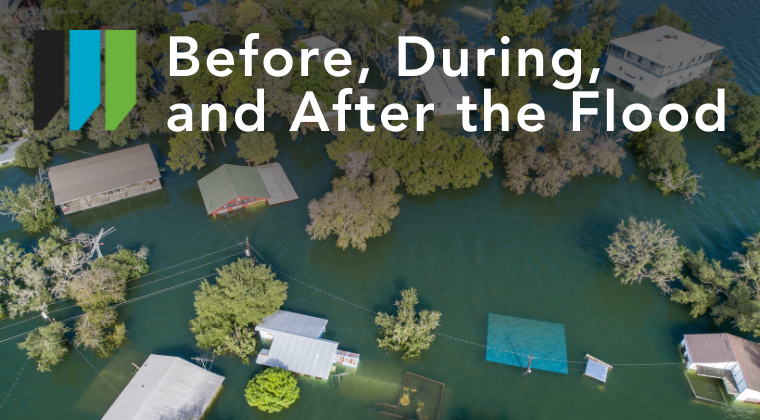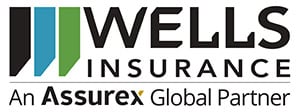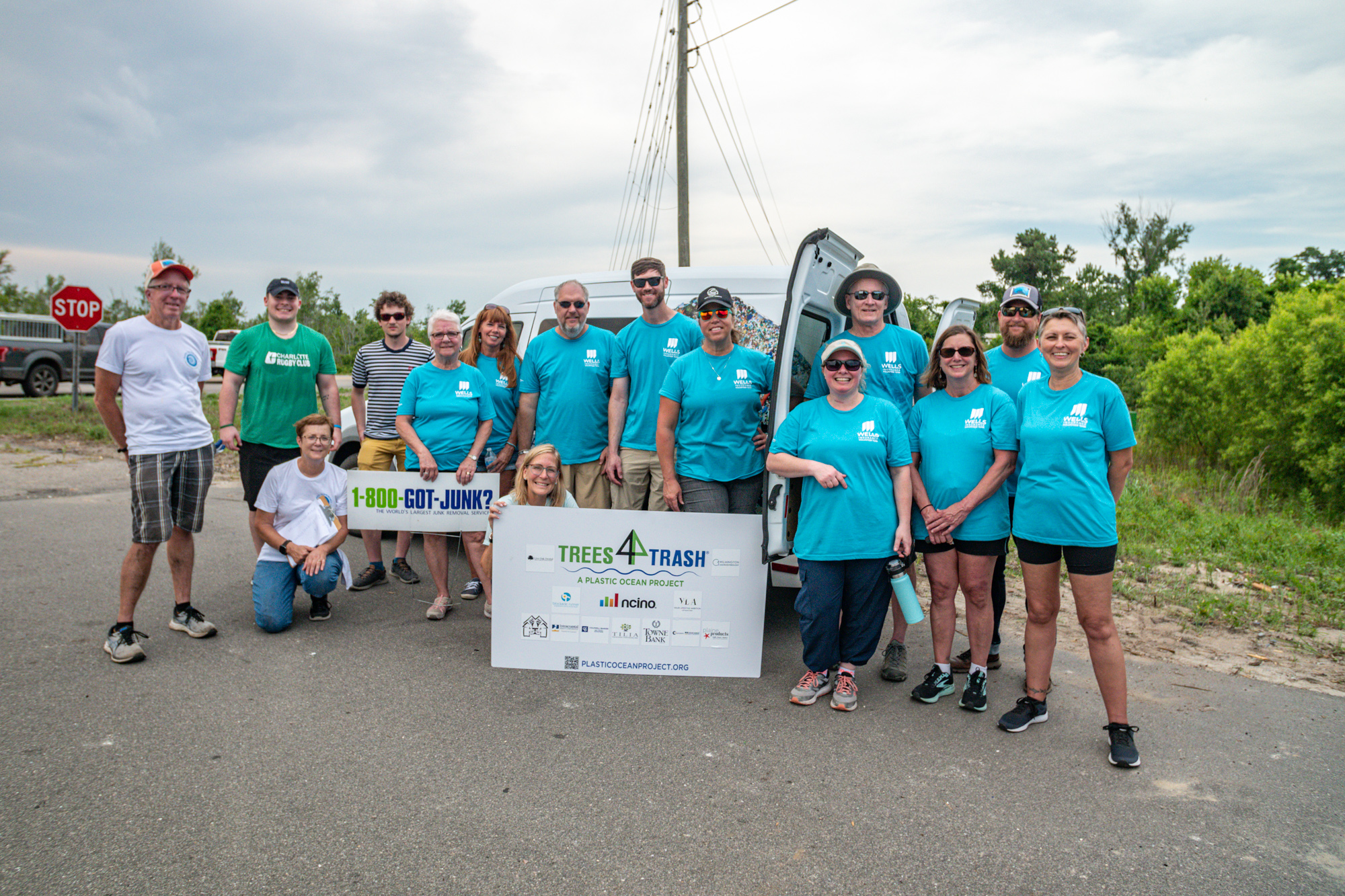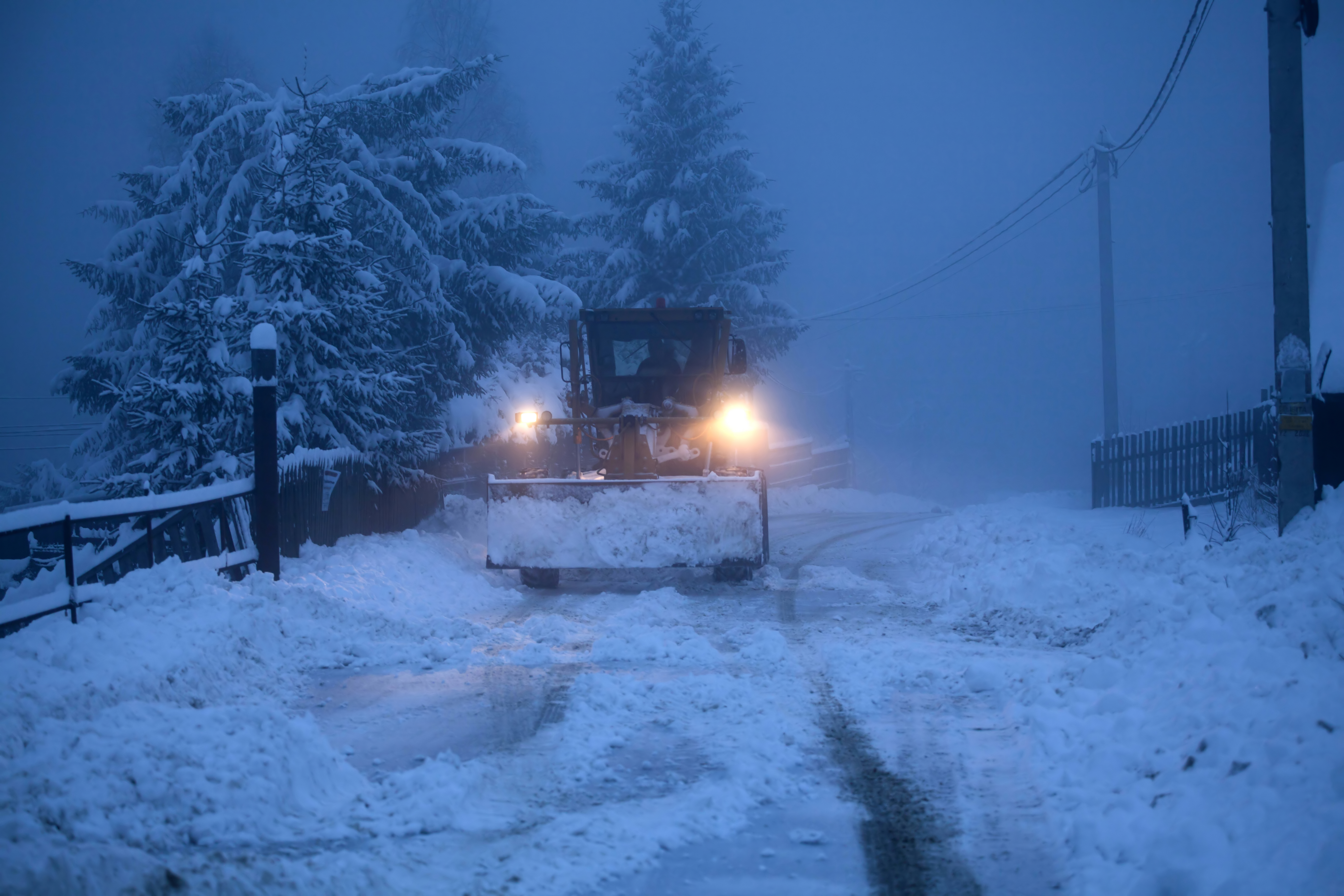Before, During, and After The Flood

Safety is your number one priority during predicted or imminent flooding!
Your first priority should always be the physical safety of you, your loved ones, and your pets. The experience of going through and/or suffering through a flood event can be a very emotional. It's hard to process information in the midst of a crisis. There are several actions you can take before during and after a flood to ensure your safety and mitigate inevitable damage.
BEFORE A FLOOD
Call your agent before a weather event. Flood waters can rise quickly with little to no warning. Don't wait til the last minute to check with your agent to fully understand your flood policy to make any necessary updates or changes to your Declarations Page. Know what your coverage needs are as well as your deductibles so that you can be prepared if and when the time comes to act quickly with no surprises.
Share contact information. Share as much contact information as possible with your agent and family members incase you have no access to certain resources such as a landline for example. Mobile phone numbers, email addresses, and emergency contacts as well as their numbers will make things less challenging if a loss occurs.
Secure important documents. Keeping all of your important records secure in a fire/water proof container that travels with you, should you evacuate, will save you many headaches and heartaches in a worst case scenario. This can include but is not limited to birth certificates, marriage certificates, social security cards, passports, deeds, and stock certificates. Storing backups of everything digitally in a secure cloud will also provide peace of mind. A computer or hard drive does you no good if they go underwater.
Keep receipts. Did you know that when flooding is imminent or predicted, National Flood Insurance Program (NFIP) policyholders are eligible to receive up to $1,000 to purchase loss avoidance supplies like tarps, sandbags, and more. Stock up on any supplies you can get to prepare for the worst.
Have an evacuation plan. Make sure everyone in your family is clearly aware of your evacuation plan to ensure a less stressful departure in an evacuation. Also make sure friends and family are aware of where you will be going and when you plan to return.
Document everything! Whether you evacuate or not, make lists, take photos, create spreadsheets of your belongings and your house. Consider purchase price, replacement cost, appx age, brand, model and serial numbers.
Prepare your property. If, and only if, you have time and won't compromise your safety, take the following actions to secure your property:
- Bring outdoor items in or tie them down securely.
- Move valuable and important documents to a higher level or place them in water proof containers.
- If you have a basement, move as much as possible out of the basement. (Basement Coverage Fact Sheet)
- Clean and fill bathtubs, sinks and bottles with fresh water just in case local water supplies become compromised.
- Prepare and restock your First Aid Emergency Kit.
- Turn off electricity at the breaker/fuse box and turn off any gas lines. (clean out refrigerators and freezers!)
DURING A FLOOD
Follow local authorities' instructions. City, county, and state officials will let you know when and where to go regarding an evacuation.
Get to high ground. If floodwaters begin to rise, making evacuation dangerous and/or impossible, get to the highest elevation of your property, but do not trap yourself in your attic. Only get on your roof if absolutely necessary. Bring your emergency kit and cell phone with you. Wear something hi-vis to help rescuers see you in you need to be rescued.
Stay clear of power lines and floodwater. Electrocution is a major cause of death in floods. Water may also be polluted and contaminated.
DO NOT DRIVE THROUGH FLOODWATER. The number one cause of death during a flood is drivers attempting to drive through moving floodwaters. It doesn't take much for a car to be inundated and swept away in quickly flowing floods. It may also be impossible to tell the actual depth as roads are undermined and washed away.
AFTER A FLOOD
Wait for permission. If you evacuated, wait for local authorities to grant permission to re-enter.
DO NOT DRIVE THROUGH FLOODWATER. This is important enough to reiterate, whether you are evacuating or returning home!
Leave the premises immediately. If you hear hissing or smell gas call the local gas company or public utility right away. Using a landline, a cell phone, or simply turning the power back on could ignite a spark/explosion.
Keep electricity off. Until a professional electrician or the power company has inspected and approved you to switch it back on, don't!
Boil you water. Until you know for certain that your water supply is safe, always boil your water for 5 minutes before cleaning, cooking, washing, or drinking.
Don't use toilets or sinks. If sewer and/or water lines are damaged, wait until a plumber can confirm everything is in working order.
Document and dispose of water-damaged food. Even canned good must be tossed if damaged by water.
FILE A CLAIM
File your insurance claim immediately. Most carriers will be working overtime, but the sooner you can file your claim the sooner they can get to work on it typically on a first come, first serve basis.
Separate insured property. Separate your damaged from non-damaged property if possible to protect it. Move undamaged property to a safe dry place.
Document damage. Take photos and make lists of damaged areas, goods, and property. This can include (but is not limited to) cracks, sagging, uneven floors, hard to open windows and doors, etc.
Begin cleaning damage immediately. After properly documenting damage with photos and with lists, begin immediate cleanup. The longer water damaged items sit, the worse they become with rot, mold and mildew. Speak with your adjuster and be sure to remove damaged items from your house, but don't immediately dispose of them until the adjuster can document it as well.
Don't forget about our Disaster Resources Page which can be found here! It has tons of tips, guides, checklists, emergency contact numbers, etc to help you prepare, survive, and recover from a storm.
Also, check out our video on what to expect when filing a claim...
As your broker agents, here at Wells Insurance, we are always here to advocate for you and hold your hand through the claims process, no matter how small, difficult or intense. Please CONTACT US to discuss your policy, search for a new one, or start a claims process.





